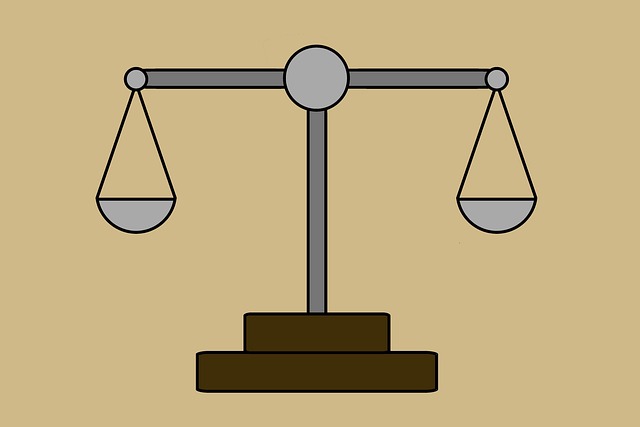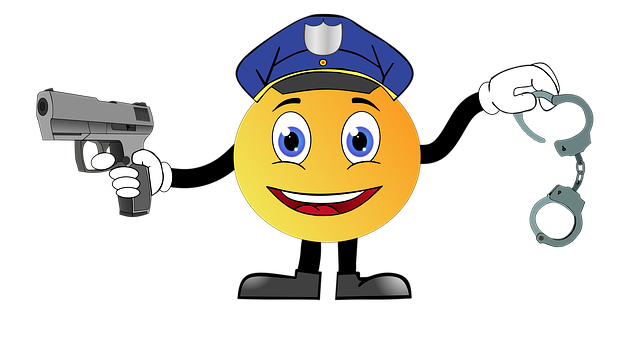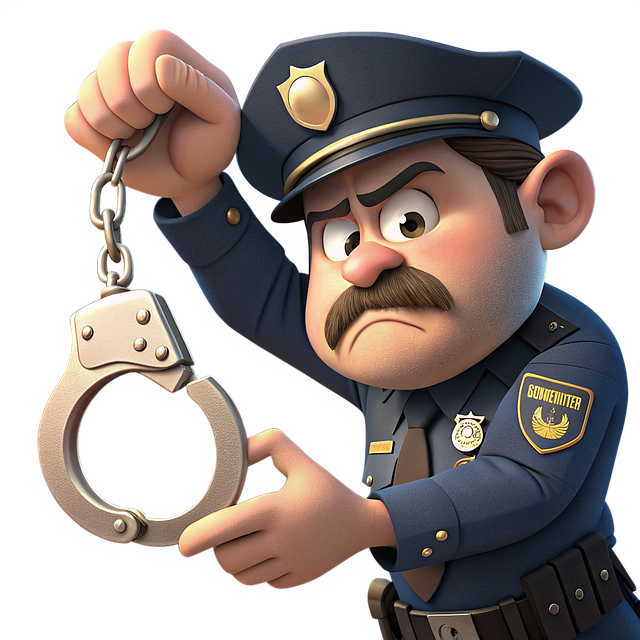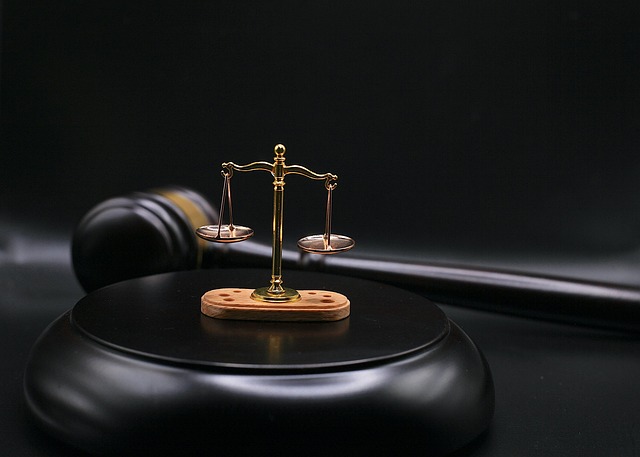Jury consultants play a pivotal role in white-collar defense, leveraging market dynamics and psychological insights to shape trials. They guide attorneys through voir dire, predict juror reactions, and influence outcomes from acquittals to settlements, especially in high-profile cases. Collaborating with expert witnesses, they simplify complex legal theories for juries and stakeholders. Balancing expertise and ethics, consultants must avoid manipulation while ensuring fair justice.
Antitrust violation cases are complex legal battles aimed at upholding fair competition and preventing market dominance. This article delves into the intricate world of these lawsuits, focusing on key aspects that shape outcomes. We explore understanding antitrust violations, the crucial role of jury selection in determining case trajectories, and the impact of expert witnesses. Additionally, we examine ethical considerations for consultants navigating these legal landscapes, emphasizing the significant influence of jury consultants in shaping trial strategies and verdicts.
- Understanding Antitrust Violation Cases
- The Role of Jury Selection in Outcomes
- Impact of Expert Witnesses on Trials
- Ethical Considerations for Consultants
Understanding Antitrust Violation Cases

Antitrust violation cases are complex legal battles that involve understanding intricate market dynamics and their impact on competition. These cases often revolve around allegations of collusion, price-fixing, or market division, which can have far-reaching effects on businesses and consumers alike. The role of jury consultants in such trials is pivotal; they help shape the narrative and present evidence in a way that resonates with juries, who play a crucial role in determining the outcome. By employing strategies tailored to the specific case and the demographics of the potential jurors, these experts can influence public perception and, consequently, the legal proceedings.
In the realm of white-collar defense, where cases often span across the country and involve intricate financial transactions, jury consultants offer valuable insights. They analyze not only the facts but also the cultural and social contexts in which the alleged violations occurred, ensuring that the message is adapted for maximum impact. Moreover, their work transcends legal arguments; they consider the psychological factors at play, enabling attorneys to connect with juries on a deeper level. This approach resonates beyond the courtroom, reaching out to philanthropic and political communities affected by the decisions made during such trials.
The Role of Jury Selection in Outcomes

In high-stakes antitrust violation cases, particularly those involving complex legal and economic issues, the selection of a jury plays a pivotal role in determining outcomes. The process of jury selection, often referred to as voir dire, is not merely a procedural step but a strategic one. Jurors are not just chosen at random; they are carefully vetted to ensure they possess the cognitive abilities and life experiences necessary to comprehend intricate legal concepts. This meticulous approach is especially crucial in white-collar defense cases, where the stakes are high and the nuances of the law can be subtle.
The role of jury consultants in trials cannot be understated. These professionals utilize a wealth of knowledge and data to predict how potential jurors might react to evidence and arguments. By employing techniques such as focus groups and survey research, they help attorneys anticipate and address potential biases or preconceptions. This strategic insight can make the difference between securing an acquittal or reaching a favorable settlement in antitrust cases across the country that often attract significant media attention.
Impact of Expert Witnesses on Trials

Expert witnesses play a pivotal role in antitrust violation cases, providing critical insights that guide juries through complex legal landscapes. These specialists, often drawn from various academic or industry backgrounds, offer impartial analyses and explanations of intricate economic theories, market dynamics, and regulatory frameworks. Their testimony can significantly shape public perception and the jury’s understanding, making them indispensable assets throughout trials.
Jury consultants, another crucial entity in the courtroom, collaborate closely with expert witnesses to craft compelling narratives. By integrating expert insights into well-structured presentations, these consultants enhance the accessibility of complex matters for both jurors and stakeholders from philanthropic and political communities. Their collective efforts ensure that all stages of the investigative and enforcement process are illuminated, fostering a fair and informed judicial outcome in white collar defense cases.
Ethical Considerations for Consultants

The role of jury consultants in trials is a double-edged sword. While their expertise in understanding juror behavior can be invaluable for crafting compelling legal strategies, particularly in complex white collar and economic crimes cases, ethical considerations cannot be overlooked. Consultants must uphold high standards of professionalism, ensuring their methods are unbiased and their insights are not manipulated to sway the jury in favor of his clients against public interest.
Ethical practices involve maintaining transparency, avoiding conflicts of interest, and presenting data and predictions objectively. Consultants should also be mindful of the potential impact of their work on society at large, especially considering the consequences of winning challenging defense verdicts. The line between assisting legal teams in understanding juries and influencing outcomes must be carefully drawn to preserve the integrity of the justice system.
In the complex landscape of antitrust litigation, various factors significantly influence case outcomes. From understanding legal nuances to managing jury selection and leveraging expert witnesses, each step demands meticulous attention. Among these, the role of jury consultants plays a pivotal part in shaping trial strategies. By employing data-driven insights and behavioral psychology, these professionals help attorneys navigate the intricacies of human decision-making, ultimately enhancing their ability to present compelling cases. In light of these considerations, recognizing the ethical responsibilities of consultants is paramount to ensuring fairness and integrity in antitrust violation trials.






